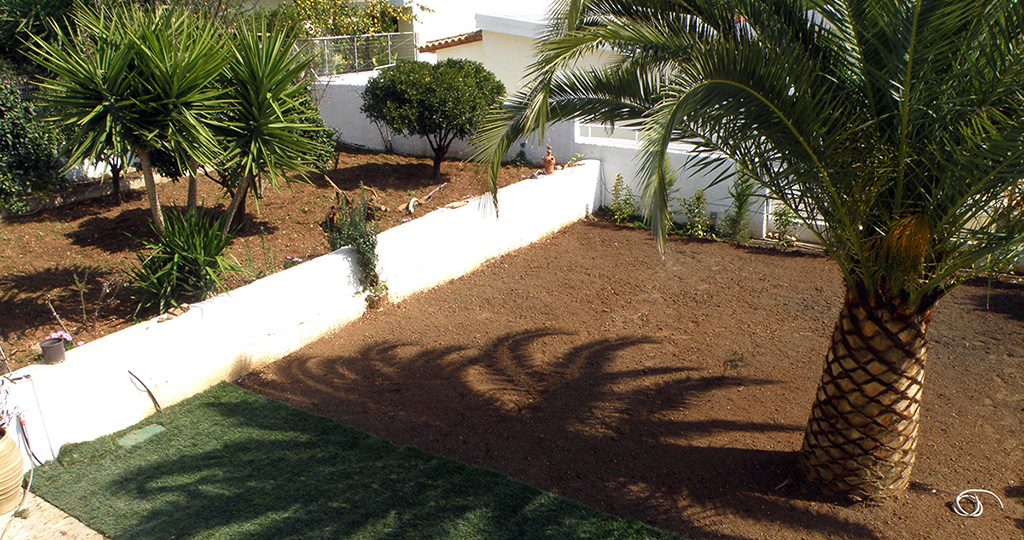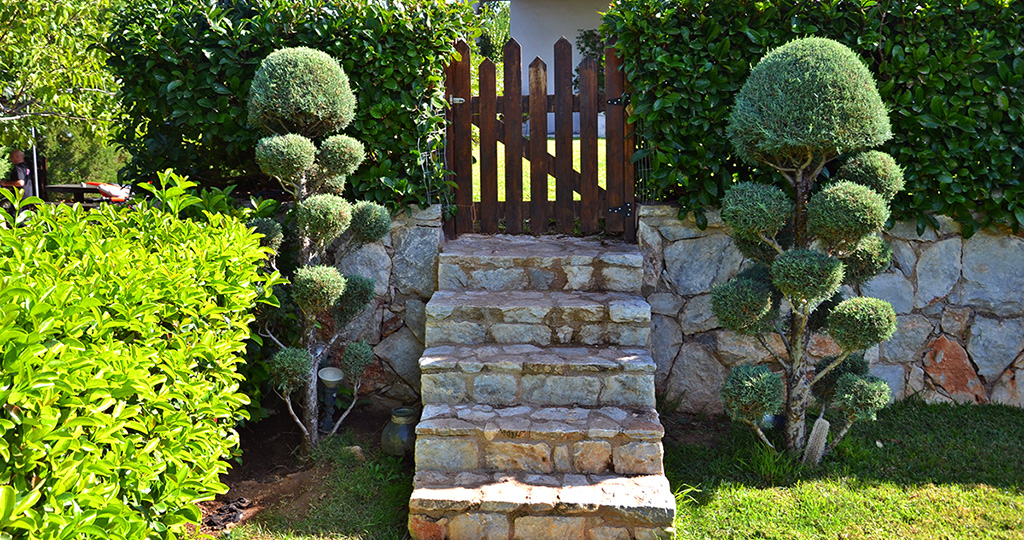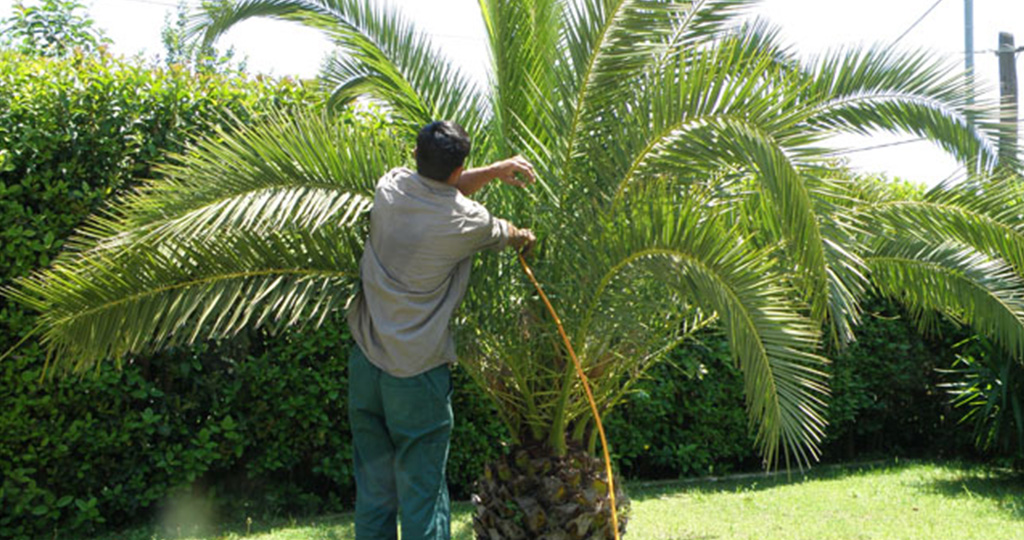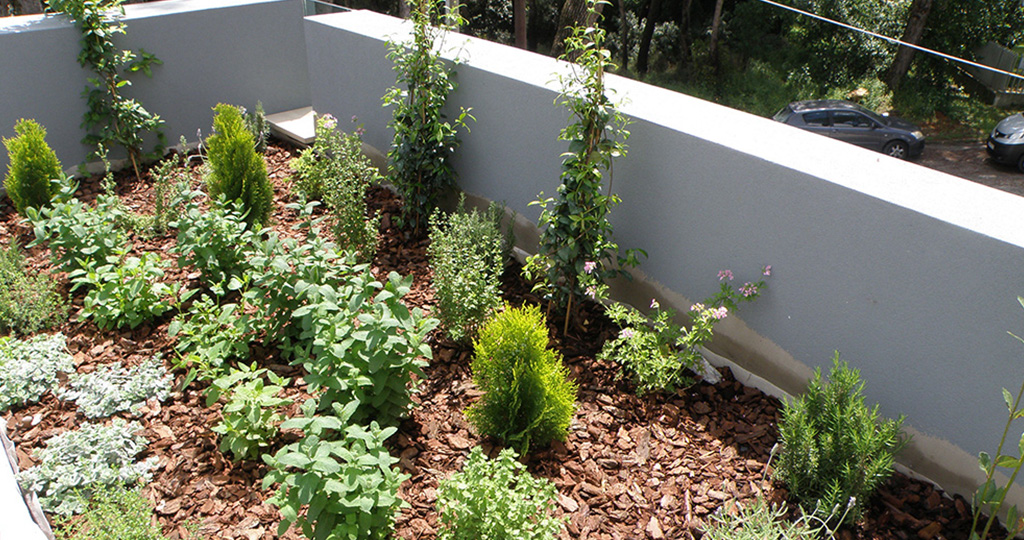
The garden soil behaves as living entity which changes constantly under the influence of chemical factors such as light, water, air, temperature, chemical components etc. and different biological factors such as insects, fungi, bacteria etc.
From the biological factors, of great importance are the micro-organisms. Useful micro-organisms, generally, can be found in the soil’s upper layers. Whilst, harmful micro-organisms can be found in the deeper layers.
Among other things useful micro-organisms can:
- Create organic substances and humus which improve soil’s fertility.
- Ingest substances from the ground and convert them into digestible substances for the plants’ roots or to break them down so they won’t be any longer toxic for the plants.
- Restore the biological balance of the soil.
- Organisms such as earthworms can open holes in the ground, thus improving its ventilation and drainage while they root about and make the soil fluffier.
- Absorb chemicals from the atmosphere which are useful for the proper function of the plants.
- Improve soil’s acidity.
- Participate in the making of vitamins and hormones which are necessary substances for all garden plants.





